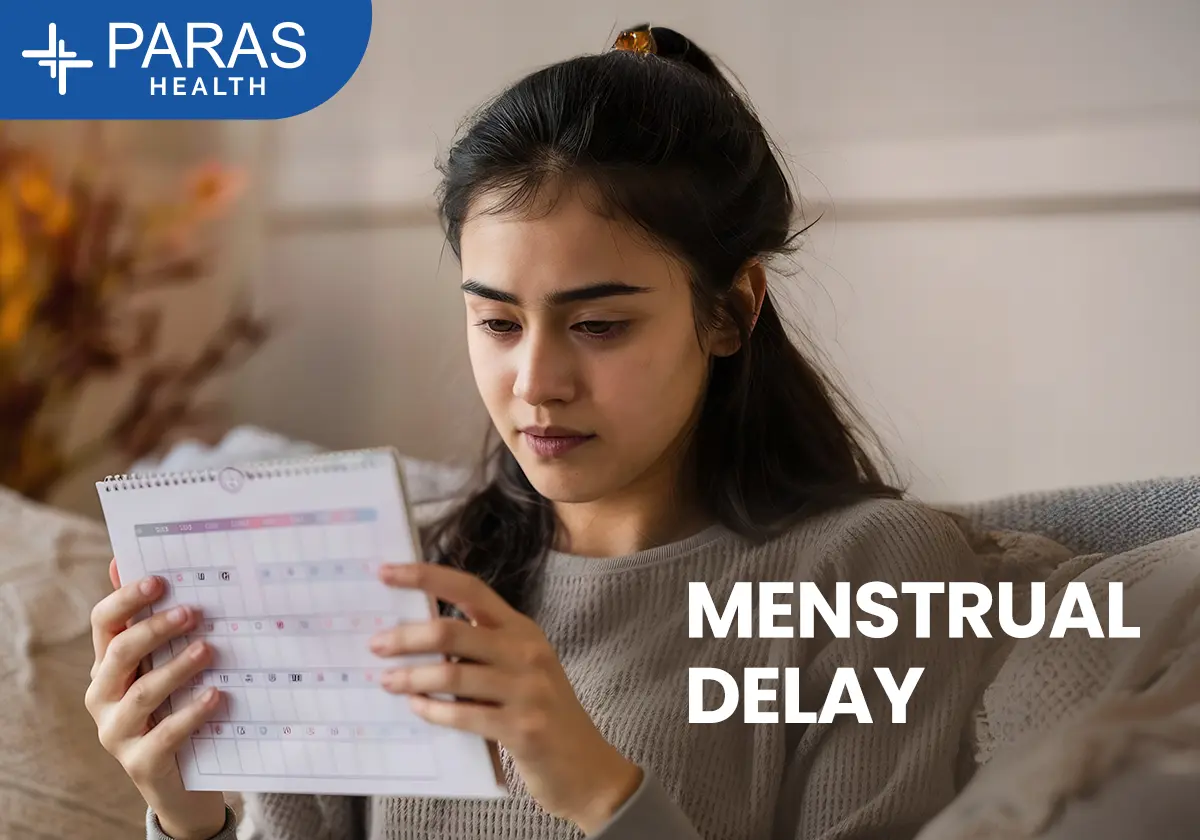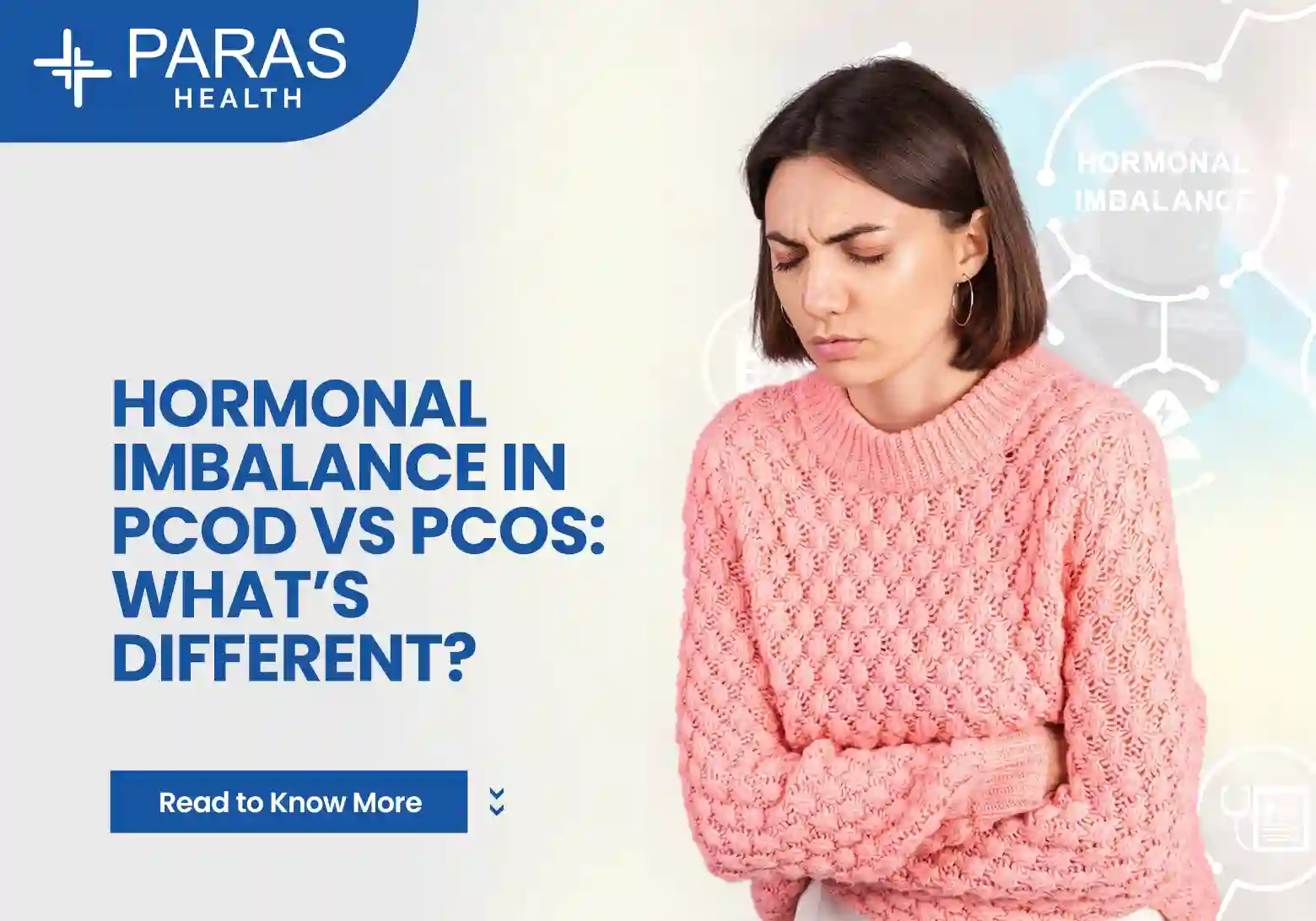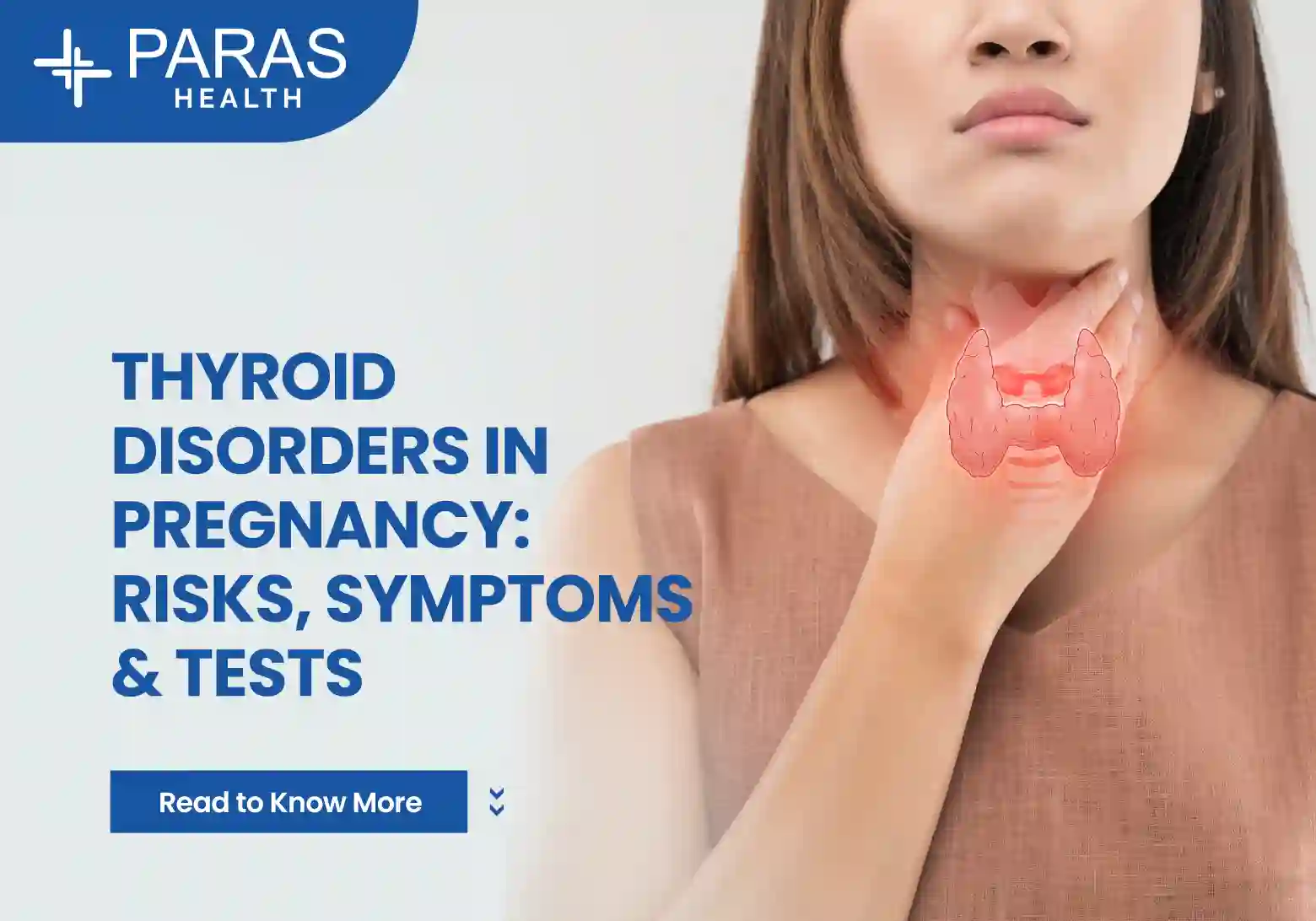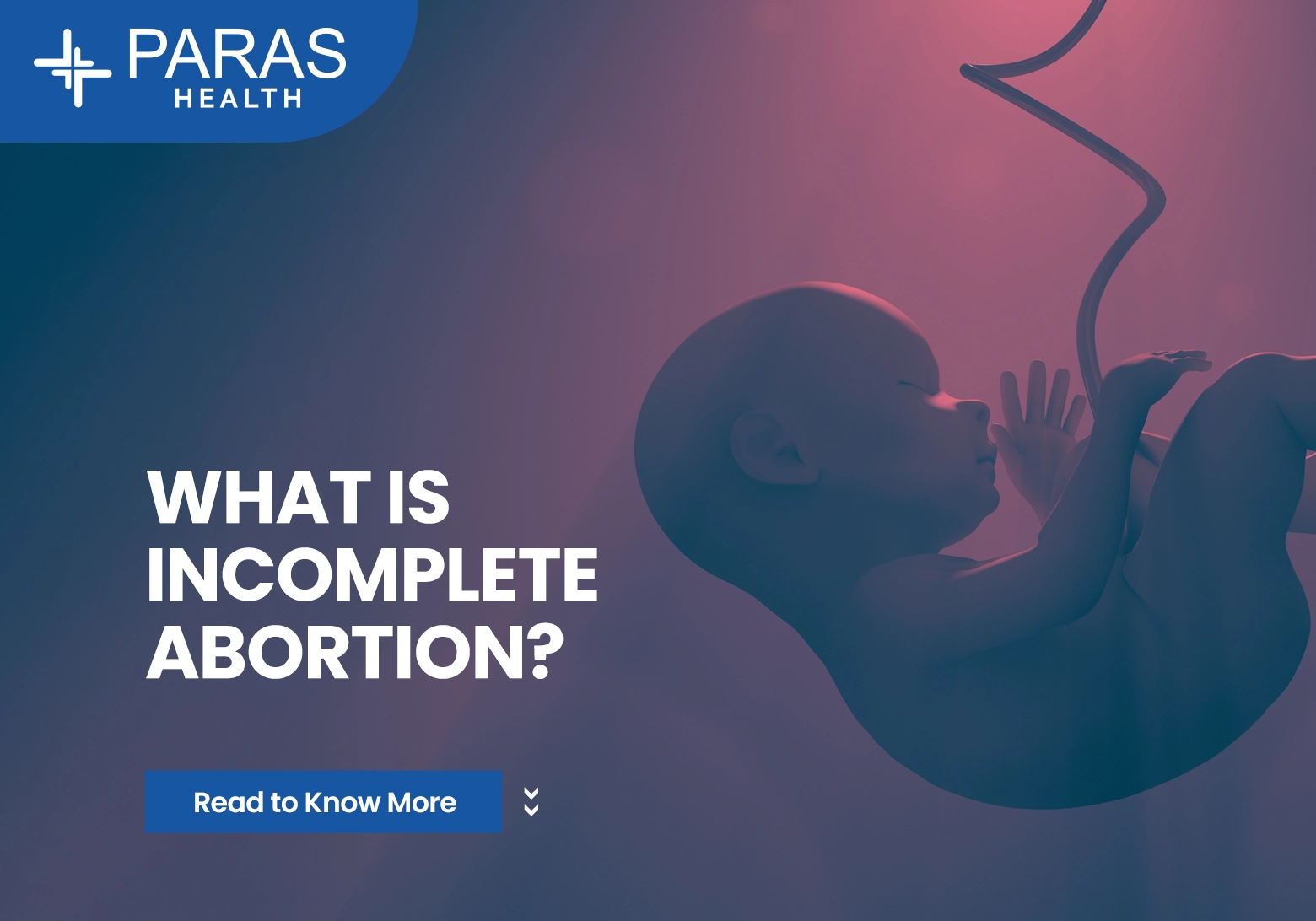Are You Suffering from PCOD? Causes, Symptoms & Treatment Explained
Jul 14, 2025
Why are my periods irregular?
Can PCOD cause weight gain?
Is PCOD curable naturally?
If you’ve asked these questions, you’re not alone. Millions of women in India face similar struggles — and most don’t realize that it could be PCOD.
Let’s talk about it in a simple, no-jargon way.
What is PCOD?
PCOD stands for Polycystic Ovarian Disease, a condition where the ovaries produce many immature eggs that may turn into cysts. This causes a hormonal imbalance and disrupts the menstrual cycle.
Is PCOD the same as PCOS?
Not exactly. PCOD is more common and less severe, while PCOS (Polycystic Ovary Syndrome) often involves more serious hormonal and metabolic issues.
What Causes PCOD?
Why do women get PCOD?
There’s no single reason, but these factors play a major role:
- Hormonal imbalance (especially high androgens)
- Insulin resistance: leading to weight gain and high blood sugar
- Genetics: If your mother or sister had PCOD, you might too
- Poor lifestyle: Irregular sleep, unhealthy eating, and no exercise
- Stress: Yes, it can worsen hormonal health
Can stress cause PCOD?
Yes. Long-term stress can throw off your hormone balance and worsen PCOD.
What Are the Early Signs and Symptoms of PCOD?
How do I know if I have PCOD?
Watch out for these common symptoms:
- Irregular or missed periods
- Weight gain, especially around your belly
- Acne or oily skin
- Hair thinning or bald patches
- Excess facial hair (chin, upper lip, chest)
- Trouble getting pregnant
- Mood swings, fatigue, and anxiety
- Dark patches on skin (neck, elbows)
Quick Question: What are the first signs of PCOD?
You don’t need all of these to have PCOD. Even 2–3 can be a sign.
How is PCOD Diagnosed?
What tests are done for PCOD?
If your periods are irregular or you’re showing signs of hormonal imbalance, your doctor may suggest:
- Pelvic ultrasound – to detect ovarian cysts
- Blood tests – for hormone levels, insulin, and thyroid
- PCOD test packages – offered at most diagnostic centres
- FSH, LH, testosterone, and prolactin levels
Where can I book a PCOD test near me?
You can book PCOD tests online or consult a gynecologist nearby.
Which Doctor to Consult for PCOD?
You should consult a gynecologist, endocrinologist, or PCOD specialist near you. Some hospitals offer dedicated PCOD clinics with fertility experts, dieticians, and endocrinologists.
At Paras Health, we offer PCOD care across multiple locations.
📞 Call 8080808069 to book your appointment.
What is the Treatment for PCOD?
Is there a permanent cure for PCOD?
There’s no complete cure — but with the right care, you can reverse the symptoms.
1. Lifestyle Changes (Most Important!)
- Balanced diet: Cut down on sugar and processed carbs
- Exercise daily: Yoga, walking, or strength training helps manage weight
- Sleep well: At least 7–8 hours a night
- Manage stress: Meditation, therapy, or even hobbies
Can I manage PCOD naturally?
Yes! Many women see major improvements with just lifestyle changes.
2. Medications for PCOD
Your doctor may prescribe:
- Birth control pills: for regular periods
- Anti-androgens: for acne and hair growth
- Metformin: to manage insulin and weight
- Ovulation-inducing drugs: if you're trying to conceive
Are PCOD medicines safe?
Yes, but only take them under medical supervision.
3. PCOD & Fertility Treatment
Can I get pregnant with PCOD?
Yes, many women with PCOD conceive naturally or with medical help. Doctors may suggest:
- Lifestyle improvements
- Ovulation tracking
- Fertility medications like Clomid
- IVF in complex cases
How to boost fertility with PCOD?
Focus on weight control, ovulation monitoring, and early treatment.
Best Diet for PCOD
What should I eat if I have PCOD?
- Go for low-GI foods (oats, whole grains, legumes)
- Eat lots of fiber (green veggies, fruits)
- Include healthy fats (nuts, olive oil, avocado)
- Avoid sugary drinks, fried foods, and refined carbs
- Drink 2-3 liters of water daily
- Don’t skip meals — small, frequent meals work best
Can diet control PCOD?
Yes, a good diet helps manage weight, insulin, and hormonal balance.
Natural Remedies & Home Tips for PCOD
Are there home remedies for PCOD?
Here are some safe, natural ways to support your treatment:
- Cinnamon: May help with blood sugar
- Apple cider vinegar: Supports insulin regulation
- Spearmint tea: May reduce testosterone levels
- Ashwagandha: For stress relief
Can Ayurveda or homeopathy cure PCOD?
While many women see benefits, always use them as supportive care along with doctor’s advice.
What is the Cost of PCOD Treatment in India?
How much does PCOD treatment cost?
- Consultation fee: ₹500 – ₹1500
- Ultrasound + blood tests: ₹1500 – ₹5000
- Medications: ₹300 – ₹2000/month
- Fertility treatment (if needed): ₹5000 – ₹1.5L+
Can I book a PCOD consultation online?
Yes, most hospitals and apps now offer online video consultations.
Frequently Asked Questions About PCOD
Q: Can PCOD be reversed with weight loss?
Yes. Losing 5–10% of body weight helps regulate hormones.
Q: Can PCOD become serious?
If untreated, it may lead to infertility, diabetes, or heart issues.
Q: Can PCOD cause hair loss?
Yes. Hormonal imbalance can cause scalp thinning and facial hair growth.
Q: Is PCOD linked to diabetes?
Yes. Insulin resistance is common in both.
Q: Can you live a normal life with PCOD?
Absolutely. With early care and a healthy lifestyle, you can thrive.
Final Thoughts
PCOD isn’t a life sentence — it’s a manageable condition. The earlier you act, the better the outcome.
Start by speaking to a PCOD specialist.
Call 8080808069 to book an appointment at Paras Health near you.








.webp)

